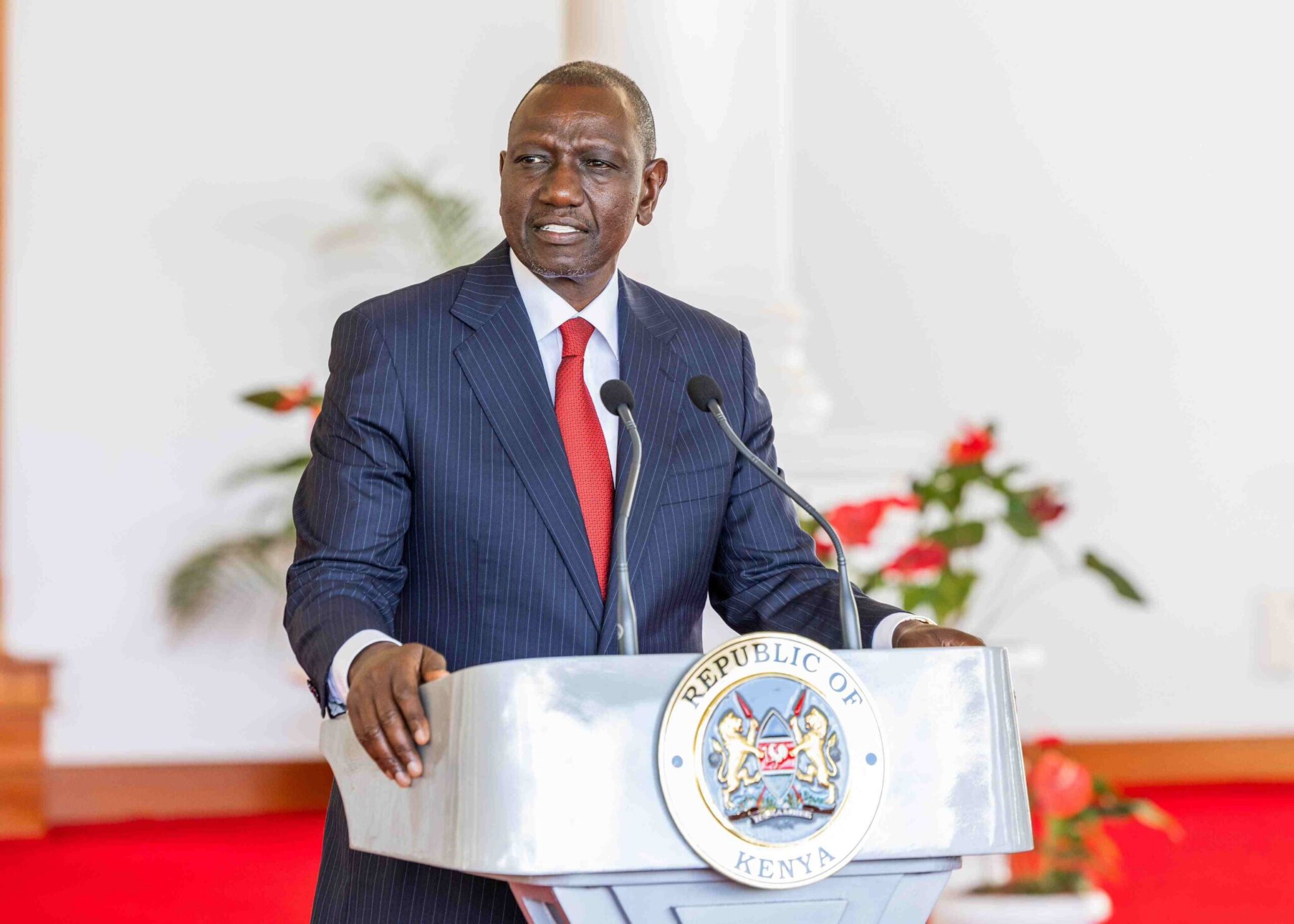A Sh23.5 billion flagship programme launched by President William Ruto to stimulate industrialisation through County Aggregation and Industrial Parks (CAIPs) is under heavy scrutiny, with senators, governors, and civil society organisations raising the alarm over poor planning, exclusion of county governments, and signs of potential failure.
The initiative, which promised to establish industrial parks in all 47 counties to drive local value addition and job creation, is now being described by critics as a top-down project marred by design flaws, underutilised infrastructure, and dwindling financial support.
Siaya Governor James Orengo, while appearing before the Senate County Public Accounts Committee (CPAC) on Monday, was blunt in his assessment: “The project was doomed from the start. We’ve been left with warehouses no one wants.” He accused the national government of sidelining counties in the planning, budgeting, and implementation of the parks — despite demanding heavy financial input from them.
According to Orengo, each county was required to commit Sh250 million to the project. However, counties were neither consulted on the design nor allowed to tailor the parks to local economic priorities. In Siaya’s case, Orengo said the county had already used Sh123 million from its own funds but only received Sh53 million in return from the national government.
“Had I been given Sh300 million to develop a cotton ginnery tailored to Siaya’s needs, we’d have real value. Now, we’re left building warehouses and asking investors to buy into a flawed idea,” he said.
The Senate committee, chaired by Homa Bay Senator Moses Kajwang’, is now probing how the funds were used and whether there’s a legal basis for the partnerships between counties and the national government on the CAIP programme.
Nairobi Senator Edwin Sifuna was even more scathing, likening the programme to a scam. “There is no value for the people of Siaya. The value is for those making money from the construction. This is a scam like the affordable housing programme. The intention was never to benefit citizens. It’s about feeding someone’s stomach,” he said.
Sifuna also revealed that Makueni Governor Mutula Kilonzo Jr was bypassed in the planning stages, with blueprints and architectural plans being sent from Nairobi without local consultation.
Taita Taveta Senator Johnes Mwaruma questioned the logic of constructing industrial parks in regions with minimal agricultural production. “Shouldn’t we ensure agricultural output first before building aggregation centres?” he asked.
Senator Okong’o Omogeni of Nyamira sought to understand whether the project had been imposed on counties. Orengo responded in the affirmative, confirming that national government officials ignored county procurement laws and instead directly executed contracts, often without the governors’ consent.
Senator Samson Cherargei of Nandi raised concerns about the absence of a proper legal framework to govern this partnership between the two levels of government. Orengo admitted that the entire programme was politically driven. “It was political. If you refused the money while brick and mortar were going up in other counties, you’d be in trouble,” he said.
Meanwhile, the disbursement pattern paints a bleak picture. In the current financial year, only Sh1 billion out of the allocated Sh2 billion has been released. This follows a similar trend from the previous year, where only Sh1.15 billion was disbursed against a Sh4.5 billion allocation.
Makueni is one of the few counties that opted not to participate, a decision Senator Mwaruma said others should have considered. “If Makueni rejected the project due to its flawed approach, why didn’t the rest follow suit?” he asked.
The Senate committee has now called for an immediate review of all CAIP projects across the 47 counties. Lawmakers have urged the Treasury and Ministry of Trade to freeze any further disbursement of public funds until a comprehensive audit is conducted.
Civil society groups have also entered the debate, warning that the programme risks becoming yet another in a long line of white elephant projects if corrective measures aren’t taken swiftly.
“This is a classic case of central government overreach,” said a spokesperson from the Institute of Social Accountability (TISA). “If counties are not given the freedom to customise economic development to local realities, these parks will end up as monuments to misplaced priorities.”
As the Senate committee prepares its recommendations, pressure is mounting on the Ruto administration to either overhaul the CAIP programme or risk squandering billions on a model that has already lost the confidence of local leaders.


